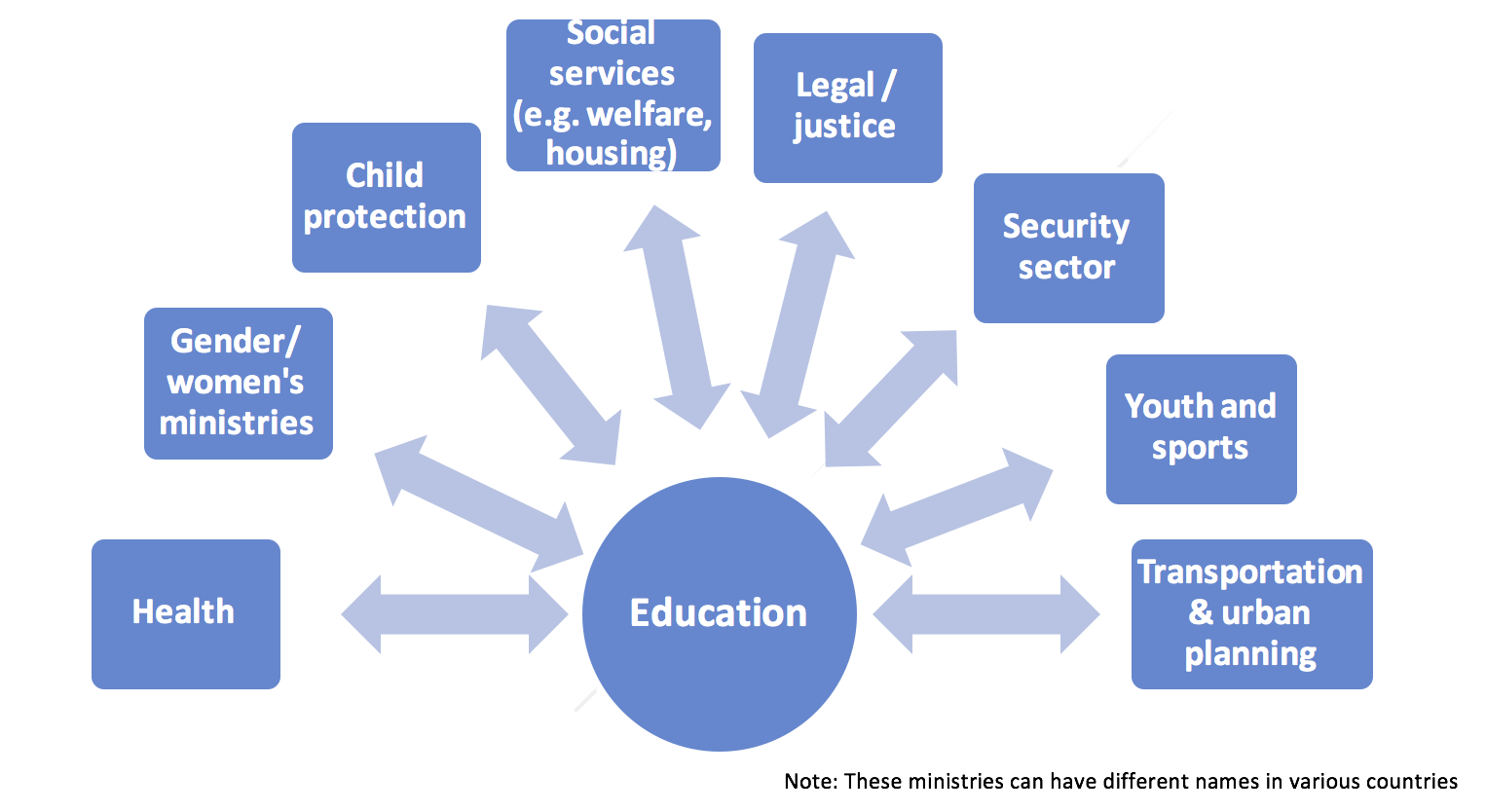Introduction : In today’s rapidly evolving educational landscape, coordination plays a pivotal role in ensuring the smooth functioning and success of educational institutions. Effective coordination fosters collaboration among stakeholders, enhances resource allocation, and promotes seamless communication within the education ecosystem. This article explores the significance of coordination in education and provides valuable insights into strategies for achieving optimal coordination.

Understanding the Importance of Coordination in Education
- The Definition and Scope of Coordination
- The Role of Coordination in Educational
- Benefits of Effective Coordination in Education
Key Components of Effective Coordination
- Clear Goals and Objectives
- Communication and Information Sharing
- Collaboration and Teamwork
- Resource Allocation and Management
- Monitoring and Evaluation
Strategies for Achieving Effective Coordination in Education
- Establishing Clear Lines of Communication
- Developing Collaborative Structures
- Utilizing Technology for Coordination
- Promoting Stakeholder Engagement
- Training and Professional Development
Overcoming Challenges to Coordination in Education
- Fragmentation and Silo Mentality
- Communication Barriers
- Resistance to Change
- Lack of Resources and Support
- Inadequate Evaluation and Feedback Mechanisms
Case Studies: Successful Coordination Models in Education
- Case Study 1: District-Wide Coordination Initiative
- Case Study 2: Collaborative Professional Learning Communities
- Case Study 3: Public-Private Partnerships in Education
The Role of Leadership in Promoting Coordination
- Transformational Leadership
- Building Trust and Relationships
- Promoting a Shared Vision
- Fostering a Culture of Collaboration
Conclusion
In conclusion, coordination in education is a fundamental element that contributes to the overall effectiveness and success of educational institutions. By establishing clear goals, promoting effective communication, fostering collaboration, and utilizing resources efficiently, educational stakeholders can achieve optimal coordination. Overcoming challenges and learning from successful coordination models can guide educators and leaders in implementing strategies that enhance coordination. With strong leadership and a commitment to continuous improvement, educational institutions can navigate the complexities of coordination, ultimately leading to improved outcomes for students and the education system as a whole.




